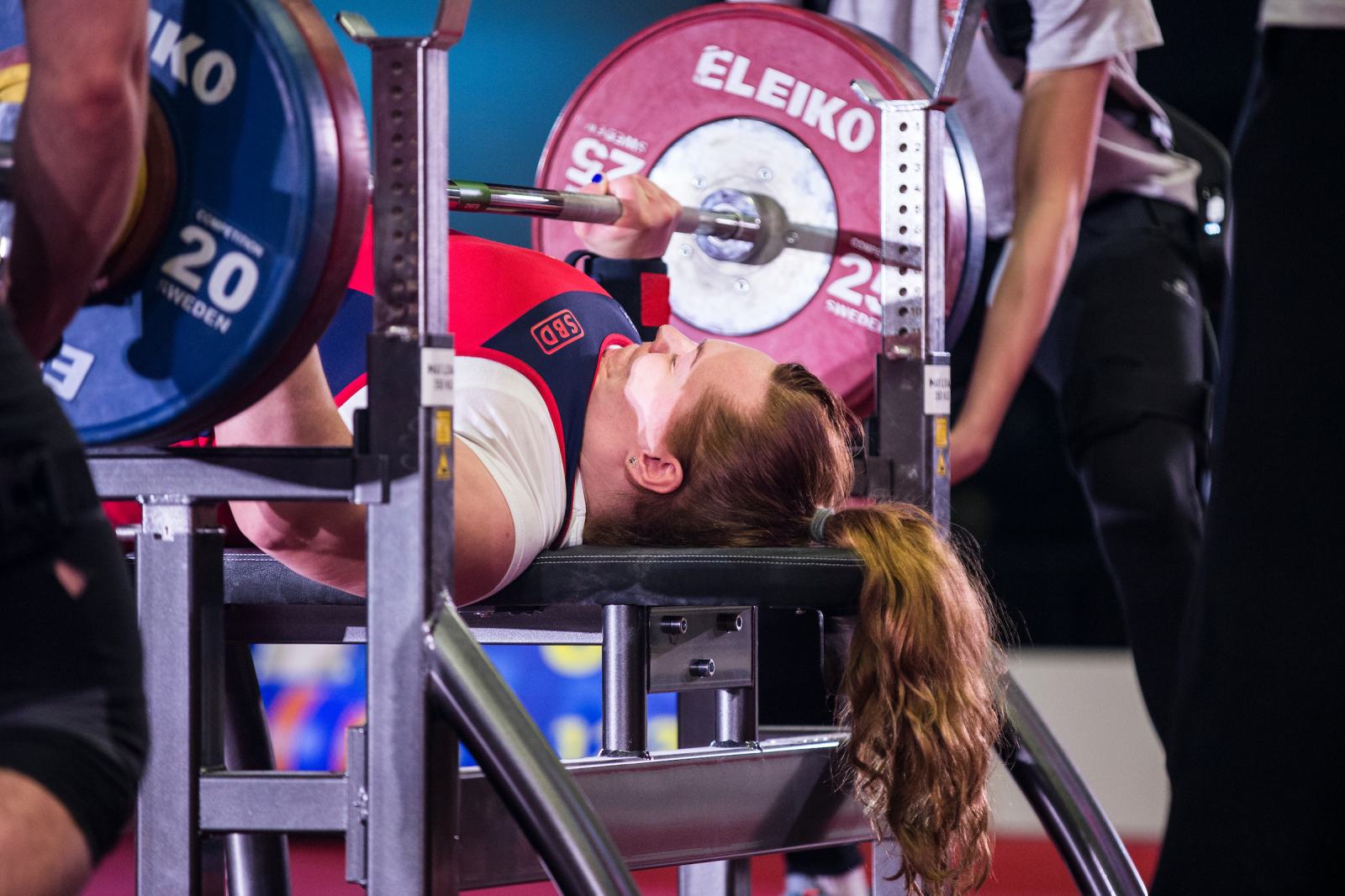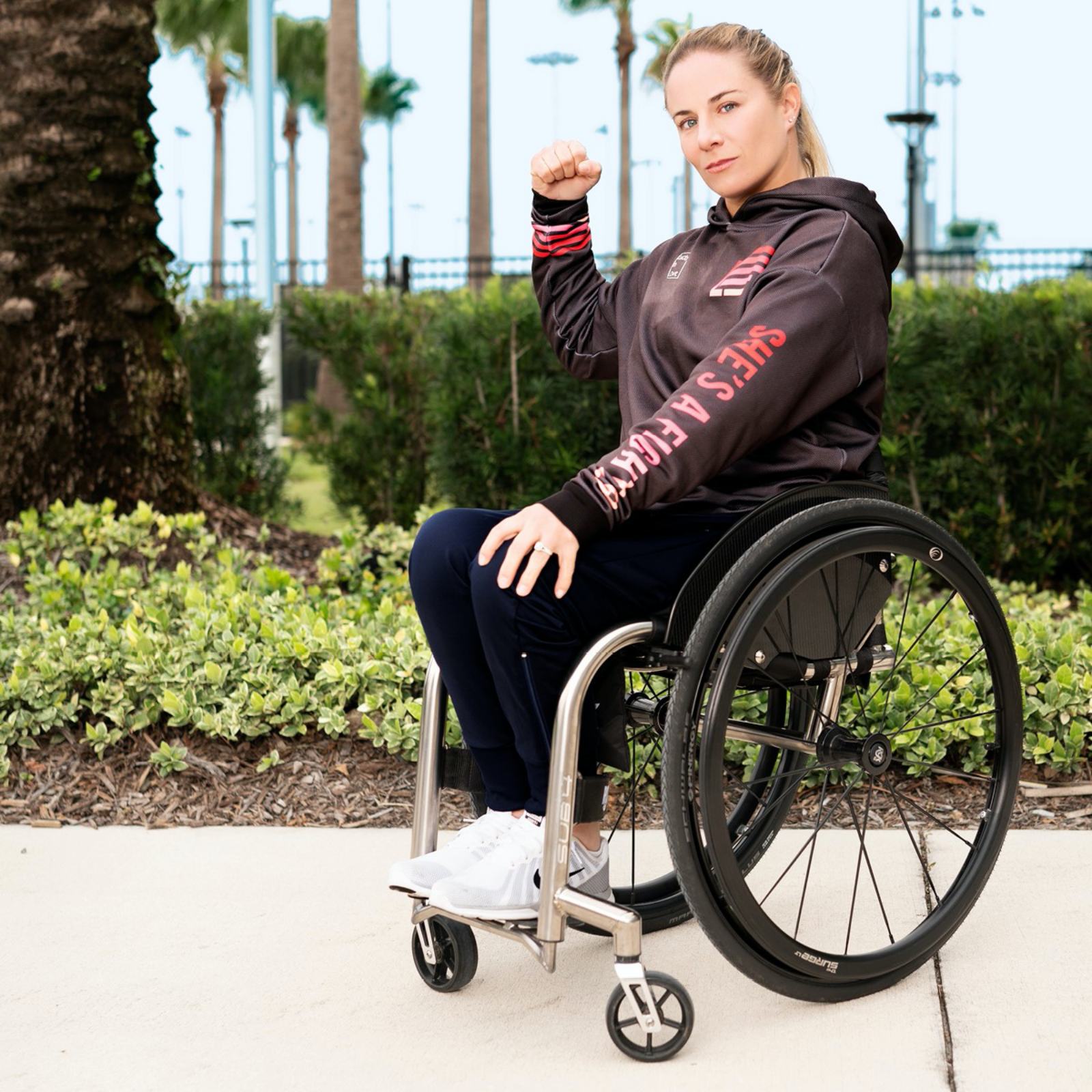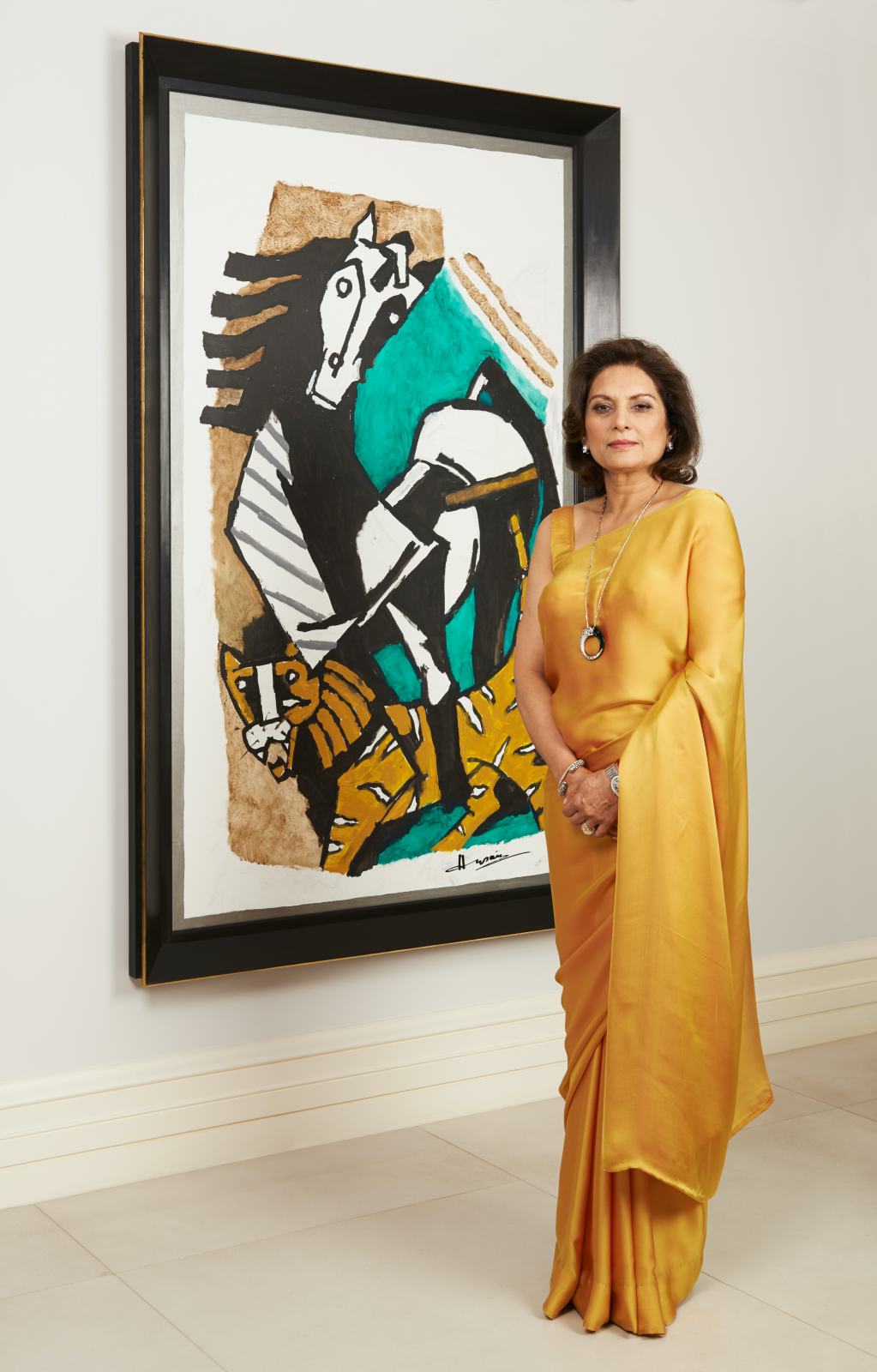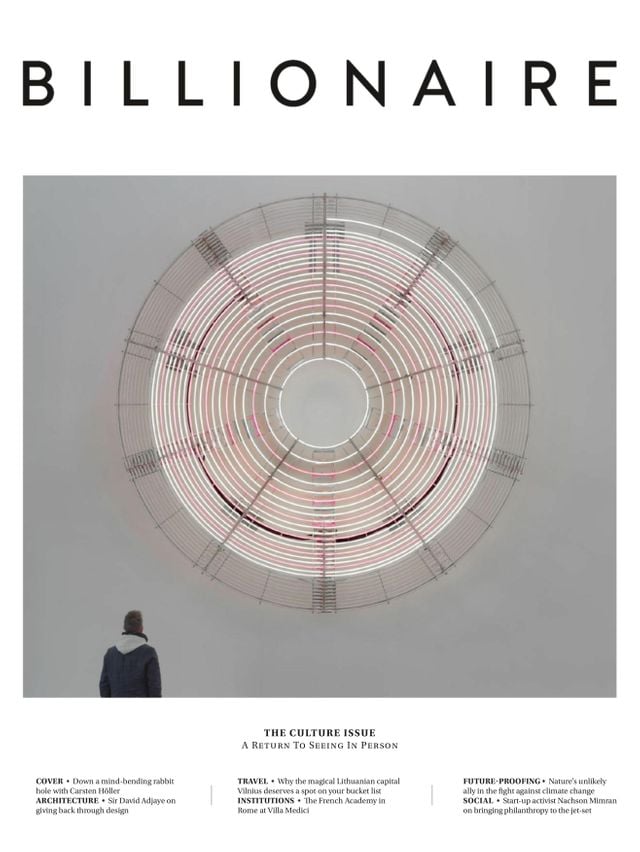Paralympic Strides

Despite growing accolades, disability sport still needs philanthropic endeavour.

As the Tokyo 2020 Olympics came to an end and the focus of the closing ceremony turned towards the Paris Games of 2024, the final image of the night was of the Eiffel Tower. But, as the camera pulled away, with the help of some CGI imaging, one of its four legs had been replaced with a prosthetic running blade.
The rescheduled Tokyo Paralympics seemed to mark a watershed moment for perspective on para-sport. The organisers claimed the Paralympics attained unprecedented television reach this year, including in 49 sub-Saharan countries. Viewing numbers were staggering: for instance, one-million viewers tuned in for the Channel 4 showing of David Smith’s boccia match, in which he won gold. The International Paralympic Committee used the Tokyo Olympics as a platform to launch We the 15: a campaign to advance disability rights and recognition.
But, despite the growing accolades, disability sport still does not get the airtime it deserves, according to para-powerlifting champion Louise Sugden. “I think Paralympic coverage is great and is improving at every Paralympic Games. However, outside of the Paralympic Games itself there isn’t much disability sport shown on television,” says Sugden, who won bronze in the women’s 86kg category in the Tokyo Paralympics. “The opportunity to live-stream disability sport events is definitely improving, but it would be incredible to see disability sport on the TV all year round.”
Sugden attributes much of her trajectory to a philanthropic foundation called Path to Success, which first started supporting her in 2018, not long after she made the move from wheelchair basketball to para powerlifting.
“When I first started powerlifting, I didn't get any funding other than the support from Path to Success. This allowed me to rent a property near Loughborough so I could regularly attend training with GB coaches and athletes. For me, not having to stay in a hotel was really important for my performance and being able to train regularly in Loughborough meant I was able to get the most from my training sessions.”

She adds: “Path to Success does a great job of bringing lesser-known sports to the attention of people who might not otherwise have seen it. I think that's really important in spreading awareness of all Paralympic sport and helping to promote Paralympic athletes.”
Anita Choudhrie is the philanthropist who founded the charity Path to Success, which ‘turns inability to ability’ for disabled people, with a focus on sport. Founded in 2005, the charity began as a way to support a school for disabled and able-bodied children in India, but soon aligned its focus to providing specialised wheelchairs for those in need. To date, it has supplied some 120 wheelchairs for UK NHS hospitals.
In 2018 Choudhrie decided to focus more on women in sport and for the next three years supported 14 female Paralympic athletes, including Louise Sugden, whose dream it was to compete for Great Britain in the Paralympics but lacked the funding. Others included Olivia Broome, who also took bronze in the women’s 50kg powerlifting; Lucy Robinson who played in the GB wheelchair basketball team; and Lucy Shuker and Jordanne Whiley, who took silver in doubles wheelchair tennis.
Path to Success pledged more than £100,000 to the Path to Tokyo campaign over three years, which helped athletes cover the cost of coaching, training, travel, equipment and specialised sports wheelchairs. The funding is allocated to each of the 14 athletes in sports, including wheelchair basketball, wheelchair tennis, para powerlifting and para badminton. The athletes are given the freedom to decide how to use it. “The athletes are the best judge of where they most need support,” says Choudhrie.

As the matriarch of one of India’s most eminent and wealthy UK-based families, married to Sudhir Choudhrie, a business tycoon with an estimated wealth of US$2 billion, Anita has always lived with philanthropy as part of her life. Growing up in Calcutta, her grandfather was a doctor and always gave back to the community. “That had a big impression on my life and the idea of philanthropy stayed and grew with me.” As a teenager she would support local workers who had young children by setting up a creche, and then went into old-age care. “There is a burden for everybody to take up more responsibility at times of crisis. When I was young, I always had an awareness of poverty. I would always make an effort to step out of my comfort zone and help others.”
In 2008 she set up the Stellar Art Foundation with her husband, and together they have some 600 artworks from the late 19th century to the present day, including one of the largest private collections of MF Husain, considered the ‘Picasso of India’, as well as blue-chip contemporary artists such as Damien Hirst, Keith Haring and Tracey Emin. Anita is also proud of championing less-well-known female artists such as British-Asian artist Chila Kumari Burman.
Ahead of the Paris Paralympic Games in 2024, she plans to continue to support existing athletes, as well as looking for new athletes to work with. “Women’s sport is slowly gaining more recognition, but women’s disability sport still does not attract anywhere near the attention it needs and deserves. We are going to help change this.”









